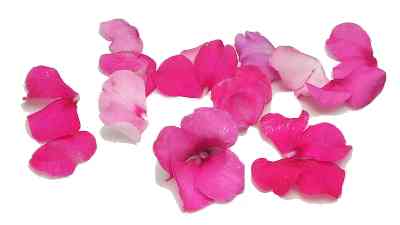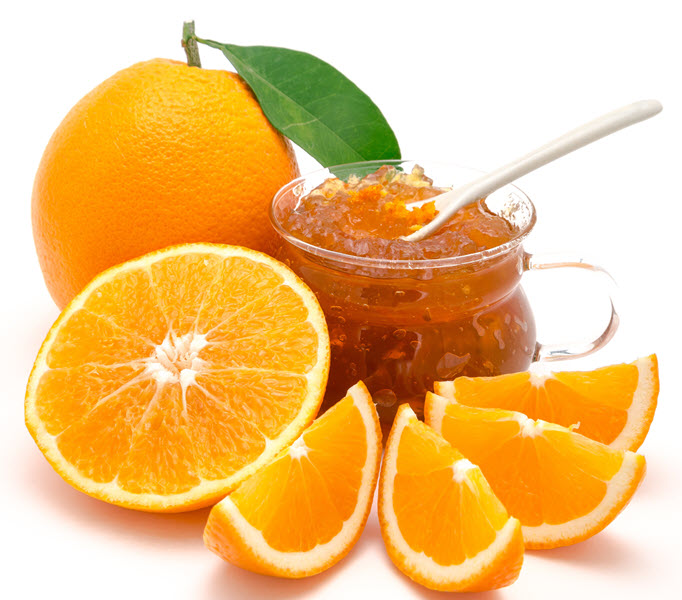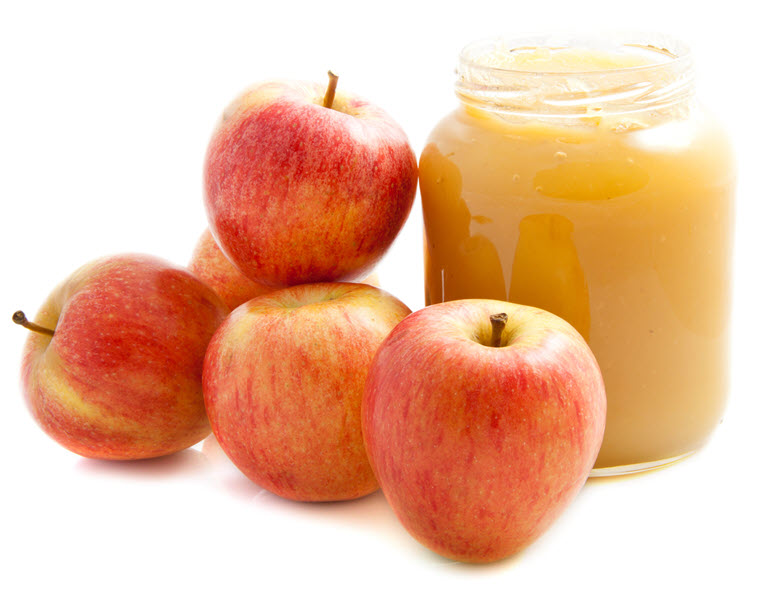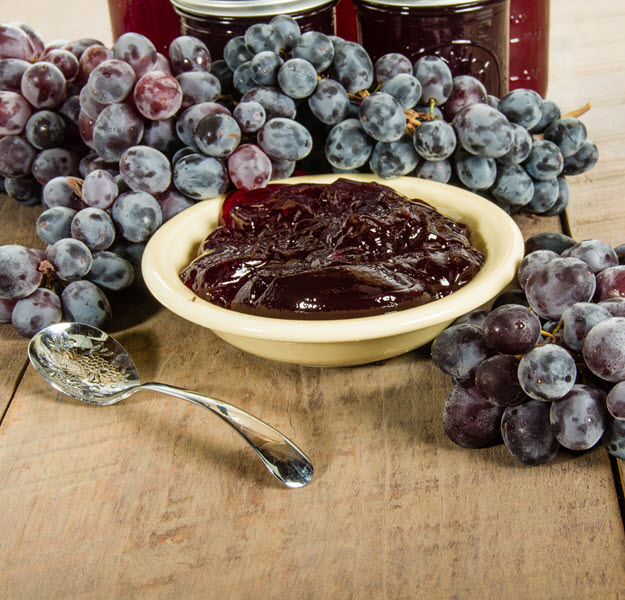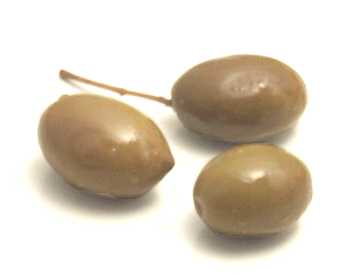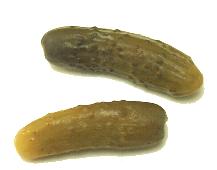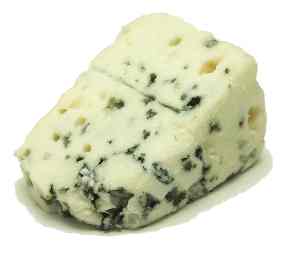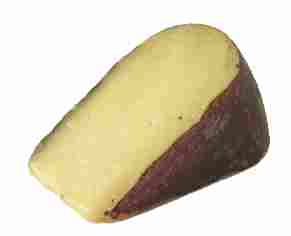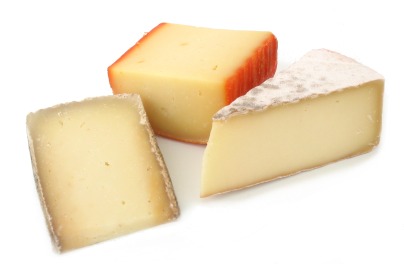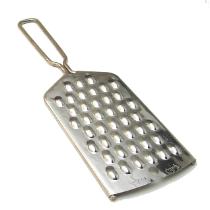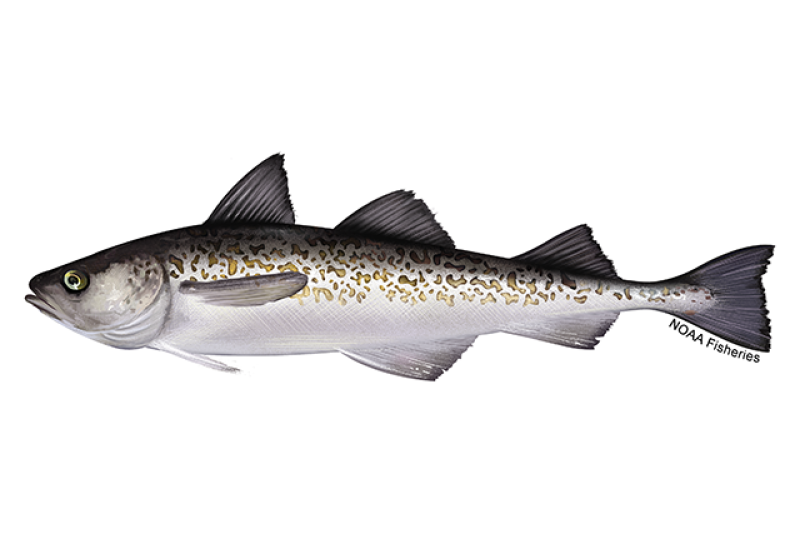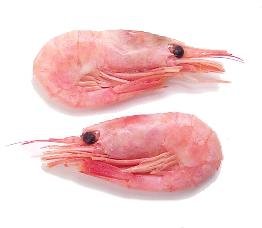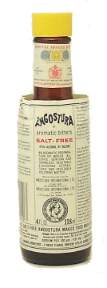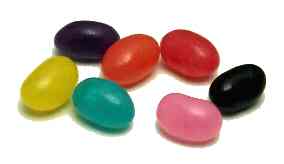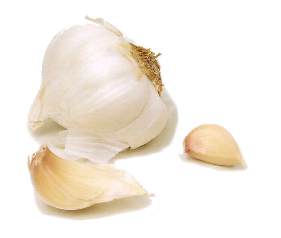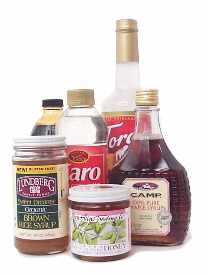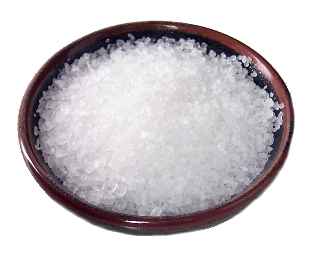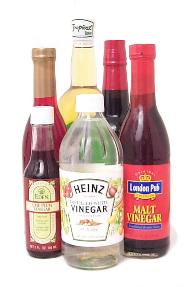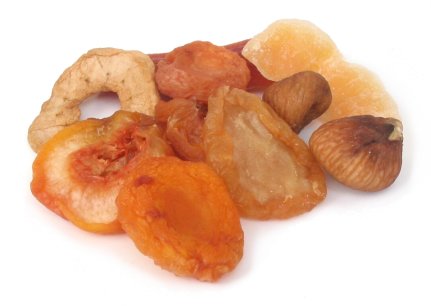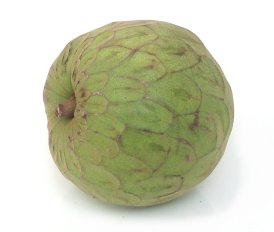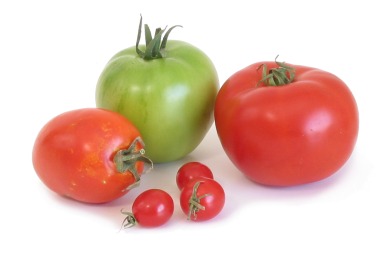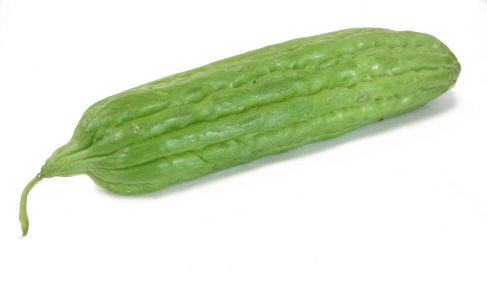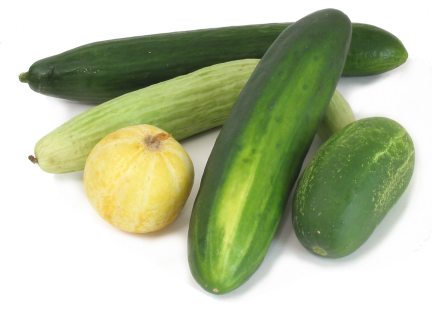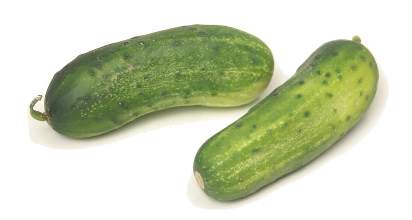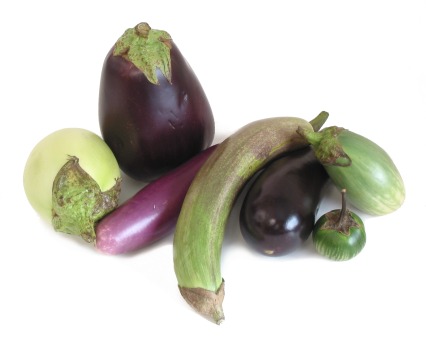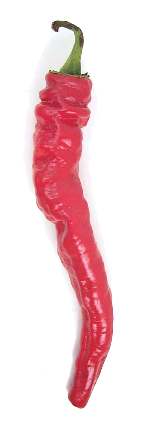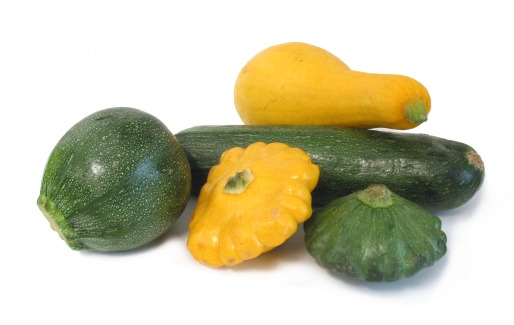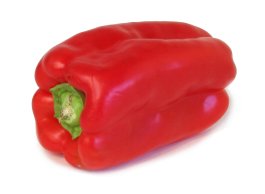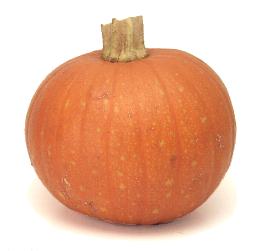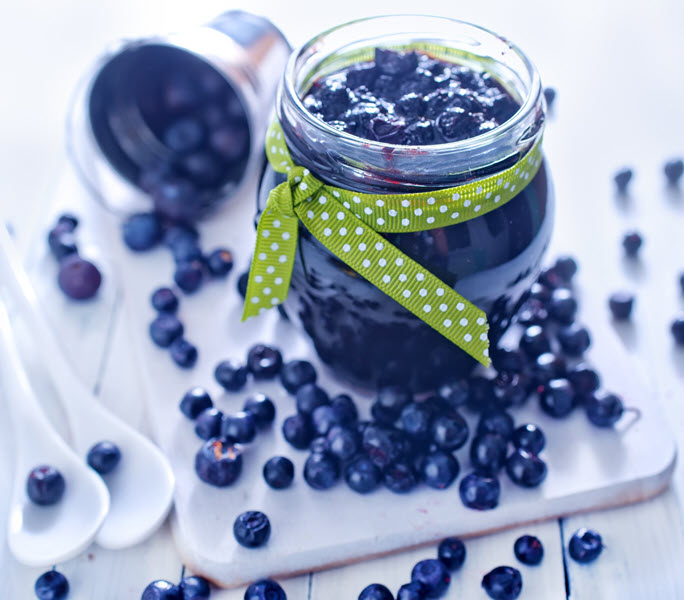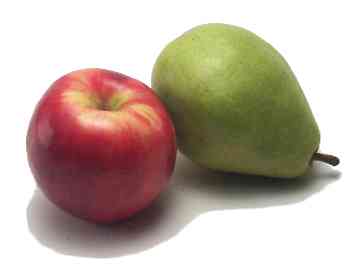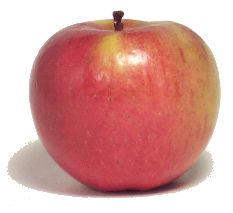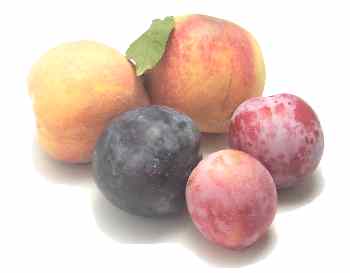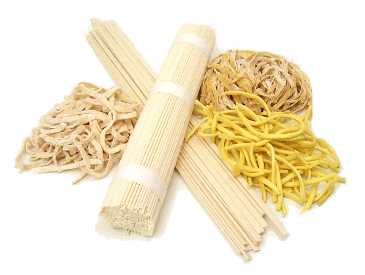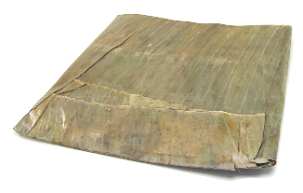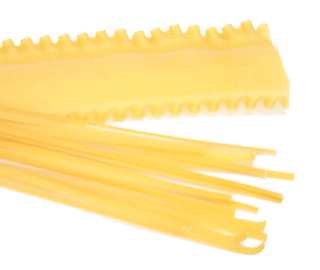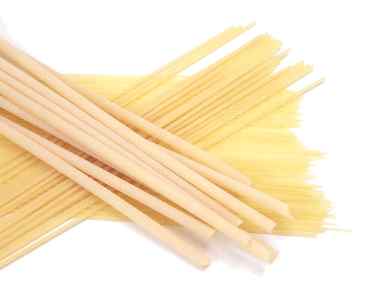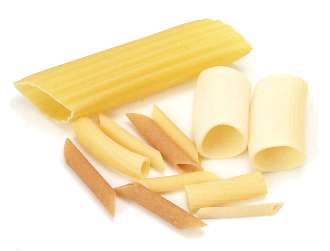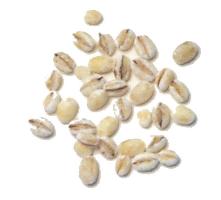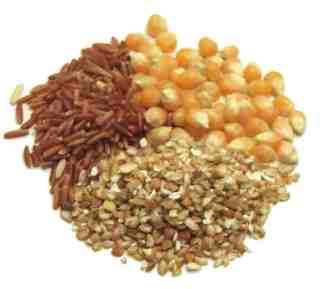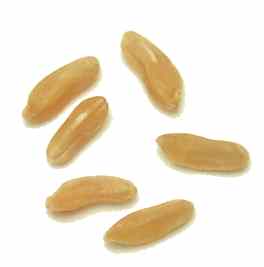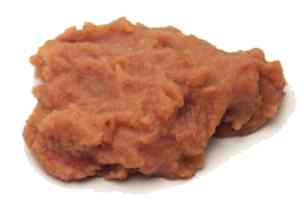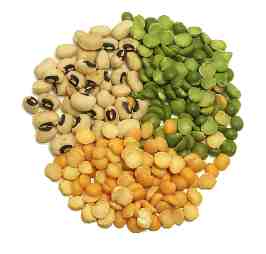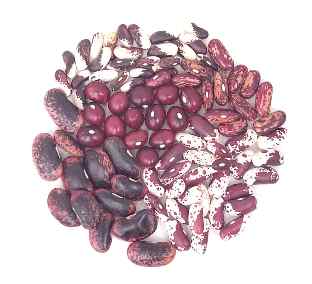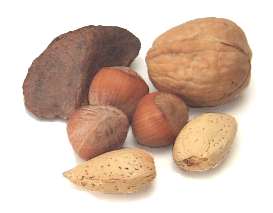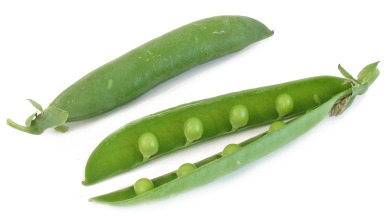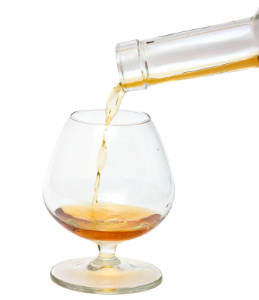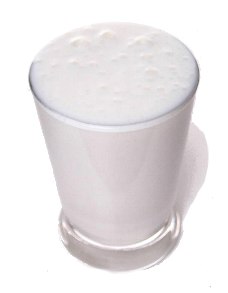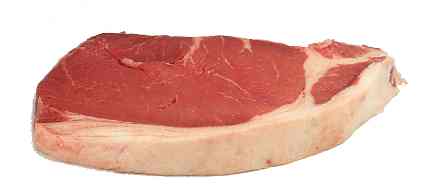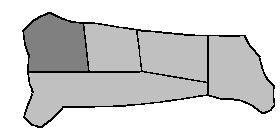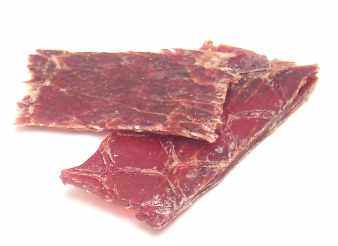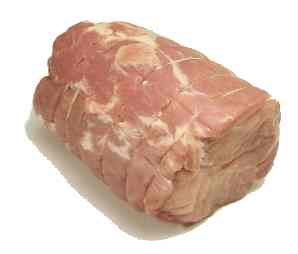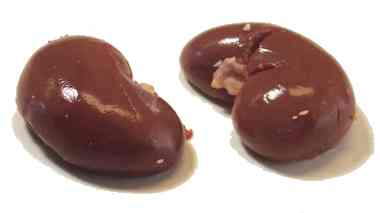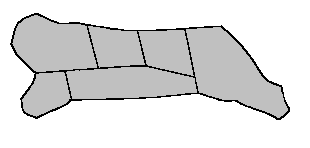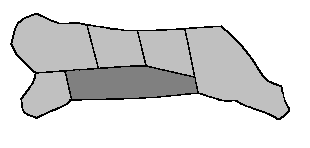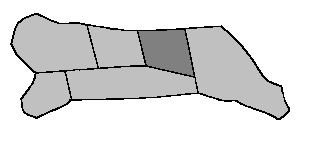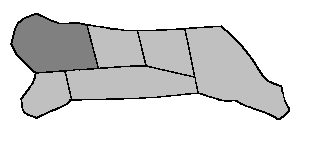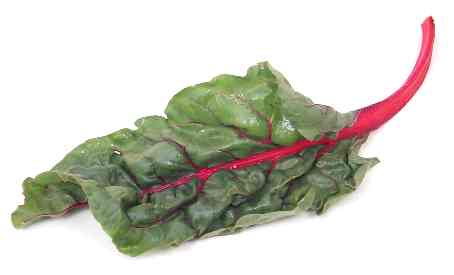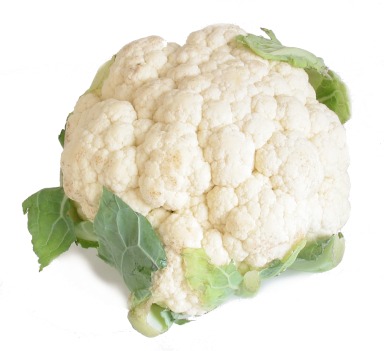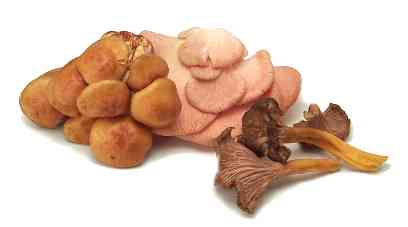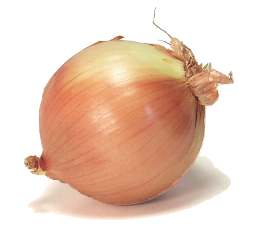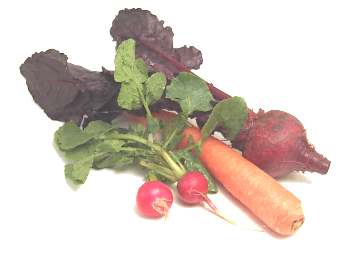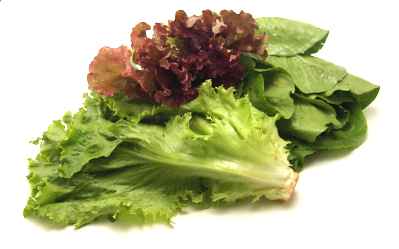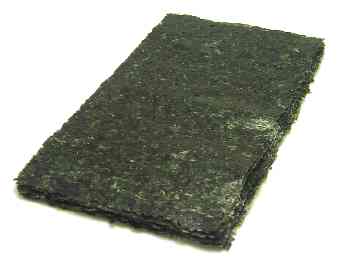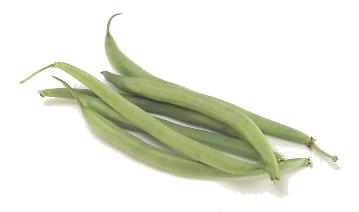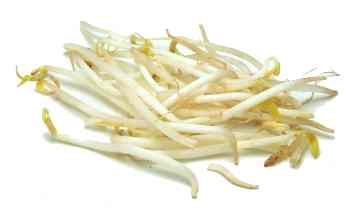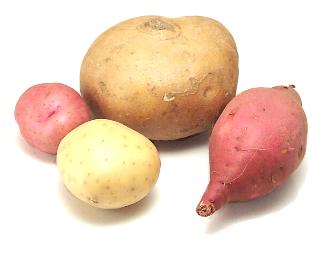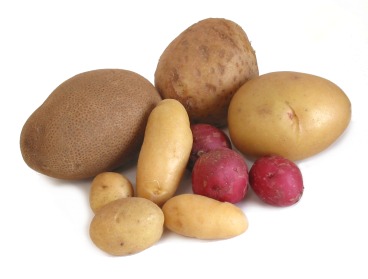All Ingredients
cane vinegar
This is made from sugar cane syrup, and varies in quality. You can get cheap cane vinegar in Filipino markets, but the Vinegarman at www.vinegarman.com recommends that you hold out for the smoother Steen's Cane Vinegar, which is made in Louisiana.
Learn morecanistel
The canistel fruit is orange/yellow, oval and 2 to 3 inches long. It is sweet with the texture of a hard boiled egg.
Learn morecanned ham
These are boneless hams that are sealed in a can and then cooked. They're not as flavorful as other kinds of ham, and they have a higher moisture content, which makes them more perishable. Store the unopened can in the refrigerator until you're ready to use it, and use leftovers within a week.
Learn morecannellini bean
You've probably already encountered this Italian bean in minestrone soup or a bean salad. It's prized for its smooth texture and nutty flavor.
Learn morecannelloni
Cannelloni ("big reeds" in Italian) are large pasta tubes that are usually stuffed with a meat or cheese filling, covered in sauce, and baked. The name is also used for the finished casserole.
Learn morecannoli shell
Italians stuff these with a sweet filling that's usually based on ricotta cheese.
Learn morecanola oil
Canola oil is a versatile, neutral-tasting oil that is very low in saturated fat. Puritan is a well-known brand.
Learn moreCantal
This French cow's milk cheese is sweet when young but earthy and grassy when aged. It's a reliable party-pleaser--mild but complex.
Learn morecantaloupe
These are popular because they're easy to select and very sweet. Ripe cantaloupes have dull yellow backgrounds with raised netting. Avoid those with protruding stems, or tears in the rind at the stem end--it's a tell-tale sign that the melon was picked too soon. When ripe melons are picked, the stem falls off easily, leaving a small, clean depression. After checking the stem end, flip the melon over and check the blossom end. It should be fragrant and yield a bit when pressed. Cantaloupes are cheapest in the summer.
Learn moreCape gooseberry
Like its relative the tomatillo, the Cape gooseberry is covered with a papery husk. The fruit inside looks a bit like a yellow cherry, and tastes like a sweet tomato. You can eat Cape gooseberries whole, minus the husk, or use them to make very tasty preserves. They're hard to find in the United States; your best bet is a specialty produce market in the spring.
Learn morecapellini
These are thin rods of Italian pasta, just a bit thicker than angel hair pasta. They're normally served in a broth or with a very light sauce.
Learn morecaper berry
Caper berries are large capers. They're sometimes used instead of green olives to garnish martinis.
Learn morecapers
Capers are pickled flower buds, and very salty. You can get them pickled in brine (top photo) or salted (bottom). Look for them in the pickle section of your grocery store, or in delis. The smallest ones are more expensive, and more highly esteemed. Rinse them before using.
Learn morecappelletti
These are two-inch squares of Italian pasta that are stuffed with filling, and then folded into the shape of a hat. They're usually served with a light sauce, or in a broth or pasta salad.
Learn morecaprino fresco
This is an excellent Italian fresh goat cheese that's hard to find in the U.S.
Learn morecaprino stagionato
This is an excellent Italian aged raw goat's milk cheese that's hard to find in the U.S.
Learn morecaraway seed
These are widely used in Eastern Europe, especially for flavoring rye bread, cheeses, and sauerkraut. Toast them first over low heat in a frying pan for a few minutes to bring out the aroma.
Learn morecardamom
Cardamom figures prominently into the cuisines of India, the Middle East, North Africa, and Scandinavia. It best to buy cardamom seeds still encased in their natural flavor-protecting pods, which you discard after you remove the seeds. You can also buy cardamom without the pods, called cardamom seeds = decorticated cardamom, but the unprotected seeds lose flavor quickly. Ground cardamom seeds are even less flavorful. Recipes that call for cardamom usually intend for you to use green cardamom, named for the green pods that encase the seeds. Some producers bleach the green hulls to a pale tan, but this makes them less aromatic. Brown cardamom is a similar spice that Indians use in savory dishes.
Learn morecardoon
This vegetable is very likely an early ancestor of the artichoke. Its large, grayish-green stalks are somewhat bitter, but they remain popular in Italy and North Africa. You can find them in large produce markets in late fall.
Learn moreCaribe potato
These large, starchy potatoes have purple skins and white flesh. They're great mashed, but they don't hold their shape well, so they shouldn't be used in potato salads or scalloped potatoes.
Learn morecarissa
You won't find these in markets, but these tart plums are great for making preserves.
Learn morecarnation
Carnations have a peppery flavor. While they're edible, some people may have an allergic reaction to them.
Learn morecarne seca
This is a Hispanic (or in the case of tasajo, Caribbean) version of beef jerky that involves soaking strips of meat in a spicy marinade, and then drying it in the sun, in a smoker, or in an oven.
Learn morecarob
Carob is sometimes used as a substitute by those unfortunates who are allergic to chocolate, since its flavor is vaguely similar. Others use it as a healthy alternative to chocolate, since it contains less fat and no caffeine. It's available as raw pods, chips, and either as toasted or untoasted powder (toasting helps bring out the flavor). Look for it in health food stores.
Learn morecarosello
There are many varieties of carosellos. They are often referred to as cucumber melons. They are a sweet version of a cucumber. Some varieties are; carosello tondo massafra, fakous, pupuneddhra bianca, carosello leccese and painted serpent.
Learn morecarrageen
This purple seaweed can be cooked as a nutritious vegetable, but cooks are often more interested in the liquid it cooks in, for it thickens like gelatin when it cools. It's widely used in the British Isles to make puddings and molded gelatin desserts, or to thicken soups. A carrageen extract, called carrageenan, is used commercially to make ice cream, jelly, and other things. To use the dried seaweed as a thickener, first rinse it carefully, then soak it in water until it swells. Next add the carrageen to the liquid you wish to set, boil the liquid for about 10 minutes, then strain out and discard the carrageen. Look for dried carrageen in health food stores.
Learn moreCarré de l'est
This is a square washed rind, moderately stinky cow's milk cheese from the Lorraine region of France.
Learn morecarrot
Raw or cooked, carrots add sweetness and color to stews, soups, stir-fries, slaws, cakes, and crudité platters, plus they're a great source of Vitamin A. Try to buy them with the greens still attached, they're usually fresher and sweeter that way.
Learn more









